Ever wondered if your love for fats is veering into the "too much" zone? Contrary to popular belief, the relationship between fat consumption and its effects on the body isn't always straightforward. However its important to know the signs that you might be indulging in a bit more fat than your body needs.
Eating Fat Itself Does Not Trigger Weight Gain!
The common misconception linking fat consumption to weight gain stems from the calorie-dense nature of fats. However, fat itself doesn't trigger weight gain rather, it's the interplay of carbohydrates and insulin resistance. Insulin, the fat-storing hormone, is primarily triggered by carbohydrates. Fat doesn't directly cause fat storage unless combined with high carbohydrates and insulin resistance, which results in storing both fat and carbohydrates, leading to weight gain.
1. Do You Feel Sleepy After A Heavy Meal?
Have you felt sleepy or sluggish immediately after a meal? Contrary to the belief that this fatigue after a high-fat meal is due to the fat content. It’s more about overeating, especially a combination of high carbs and high fat. High insulin levels caused by consuming both carbohydrates and fat contribute to insulin resistance, making it harder to go longer between meals. This insulin resistance-induced hunger and increased difficulty in burning fat can lead to post-meal tiredness.

2. You Don't Know What's Healthy Fat and What's Not
High-fat diets aren't the direct cause of heart disease as its not the amount of fat causing problems but the combination of high carbs and high fat. The emphasis is on the quality of fats consumed, promoting natural saturated stable fats like those found in olive oil or animal fats. The real risk lies in consuming processed and unhealthy fats often found in commercial vegetable oils, which undergo harsh processing methods, making them toxic.
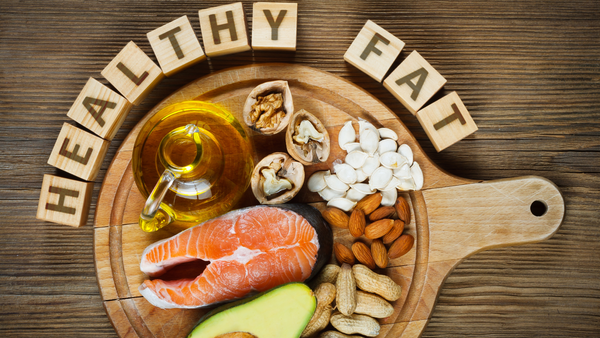
3. Gallbladder Problems!
The gallbladder, a key player in fat processing, can manifest issues through signs like diarrhea and floating stool. If the gallbladder struggles to release sufficient bile, essential for emulsifying fat, consuming a substantial amount of fat can result in the body flushing it out, leading to diarrhea. Additionally, the lightness of fat causes stool to float, indicating potential gallbladder concerns. Understanding these signs provides valuable insights into potential gallbladder dysfunction due to issues like low bile release or pre-existing conditions. Gallbladder health significantly influences digestion. When the gallbladder fails to release an adequate amount of bile, fat molecules remain too large for proper digestion. This imbalance can result in burping, bloating, and general indigestion discomfort. Without the necessary bile for emulsification, the digestive process becomes hindered, leading to the accumulation of gas and discomfort after meals.

4. Does Your Shoulder Pain?
The gallbladder's location, situated under the liver on the right side, can manifest pain in the shoulder area as a referral pain pattern. When the gallbladder is under stress or congested, it can cause discomfort radiating across the upper trapezius, down to the intrascapular region, and around the shoulder blades. Understanding this unique pain pattern provides insights into potential gallbladder issues.
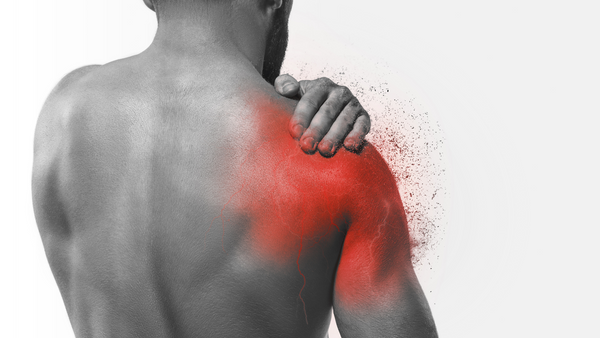
5. Diets Yield NO RESULT Even After Trying..
While a ketogenic diet promotes fat burning, it's crucial to strike a balance in fat intake. simply being in ketosis doesn't guarantee weight loss if dietary fat is too high. If fat intake remains excessive, the body might prioritize burning dietary fat instead of tapping into stored body fat for energy. To overcome this hurdle, the recommendation is to gradually reduce dietary fat while maintaining a state of ketosis. This adjustment creates an incentive for the body to utilize stored fat, facilitating effective weight loss.

Conclusion
So, there you have it – the signals your body might be sending when you're overindulging in the fat department. Understanding these signs opens the door to a more balanced and mindful approach to your diet. Remember, it's not about shunning fats altogether but about finding that harmonious balance for a healthier you. Listen to your body, make informed choices, and let's embark on a journey to a well-balanced lifestyle together!

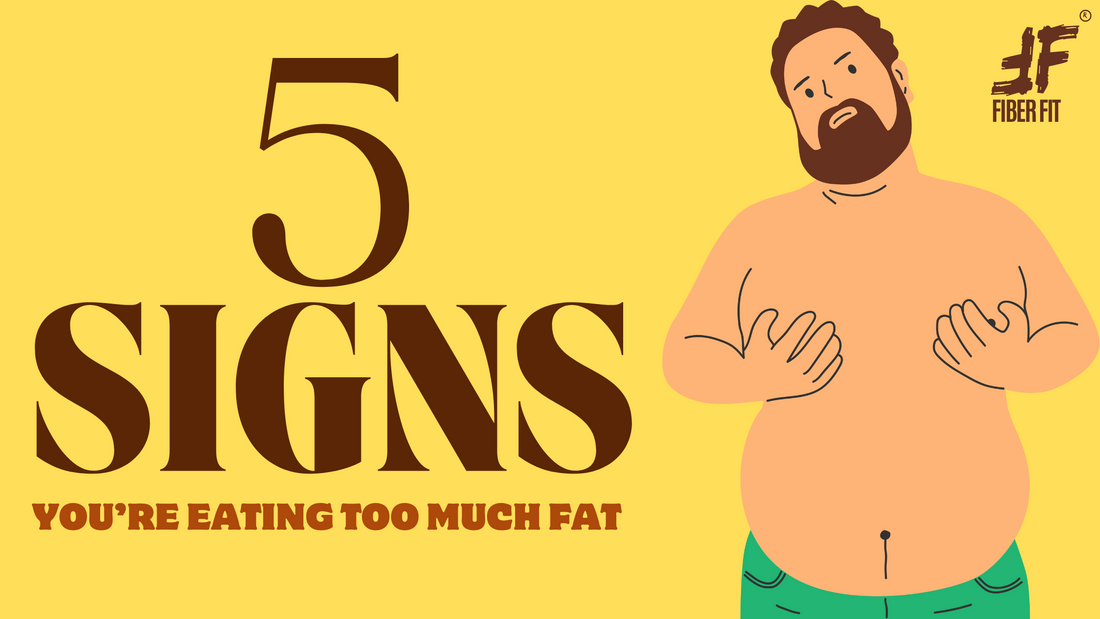






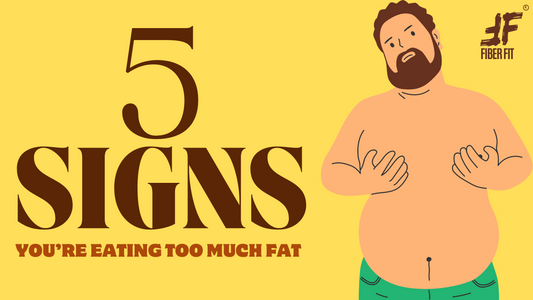
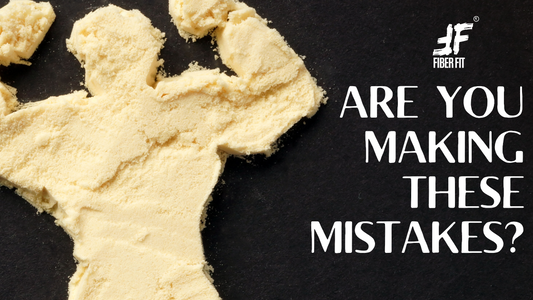

1 comment
OP